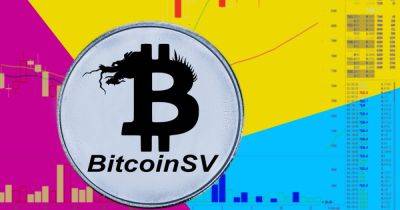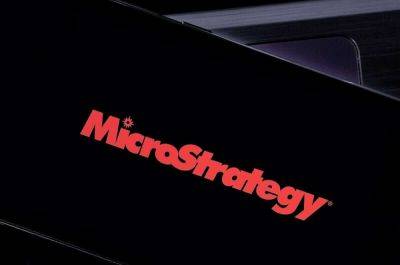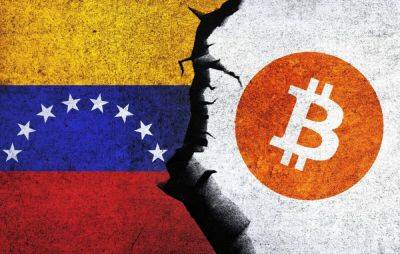Inflation gives millions new access to investments for the wealthy, says SEC
Inflation has given millions of people new access to certain investments earmarked for the wealthy — and consumer advocates argue that's not a good thing.
Americans must generally be «accredited» to invest in private companies and investments such as private equity and hedge funds.
That accredited status is a consumer protection issue: To qualify, households must meet certain requirements — like a minimum net worth or annual income — which helpsensure they're financially sophisticated and can sustain the risk of loss from private investments.
Over 24 million U.S. households — about 18.5% of them — qualified as accredited investors in 2022, the Securities and Exchange Commission said in a report issued Friday.
That's an increase of about 8 million households from 2019, the last year for which the SEC published an estimate. That year, 13% of households qualified.
The increase is «largely due to» inflation, the SEC said.
Individuals can generally become accredited by having a $200,000 annual earned income, or $300,000 for married couples. Individuals or couples can also qualify with a total $1 million net worth, not including the value of their primary residence.
However, those financial thresholds aren't pegged to inflation. They stay the same even as wealth and incomes naturally grow over time — meaning more people have gradually become accredited over the years.
Indeed, the thresholds haven't changed since their creation in the early 1980s. In 1983, just 1.5 million households — 1.8% — qualified as accredited investors, according to SEC data.
Most Americans will join the ranks of accredited investors in coming decades if the financial thresholds remain unmoored from inflation: By 2052, nearly 119 million households would
Read more on cnbc.com
 cnbc.com
cnbc.com



















